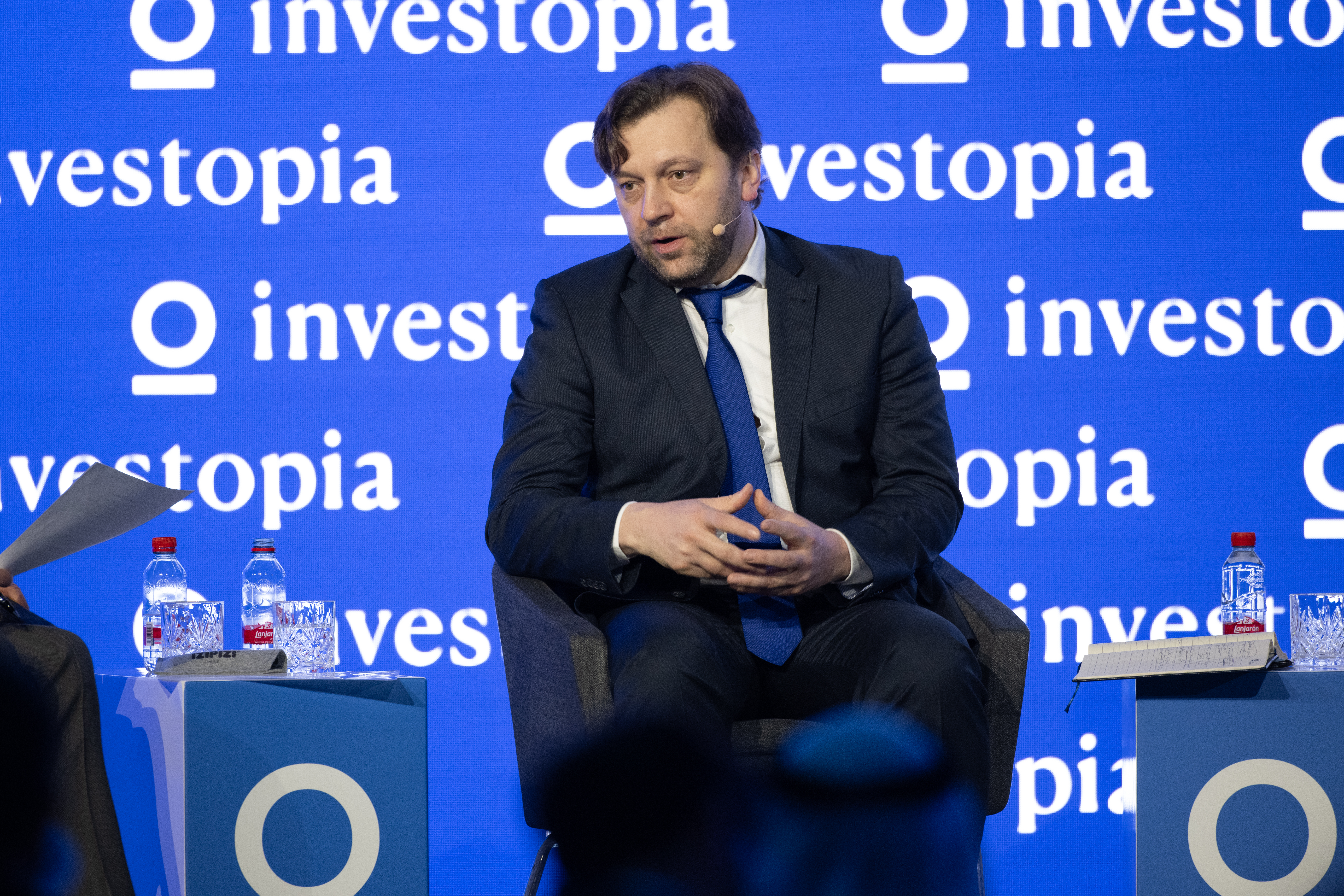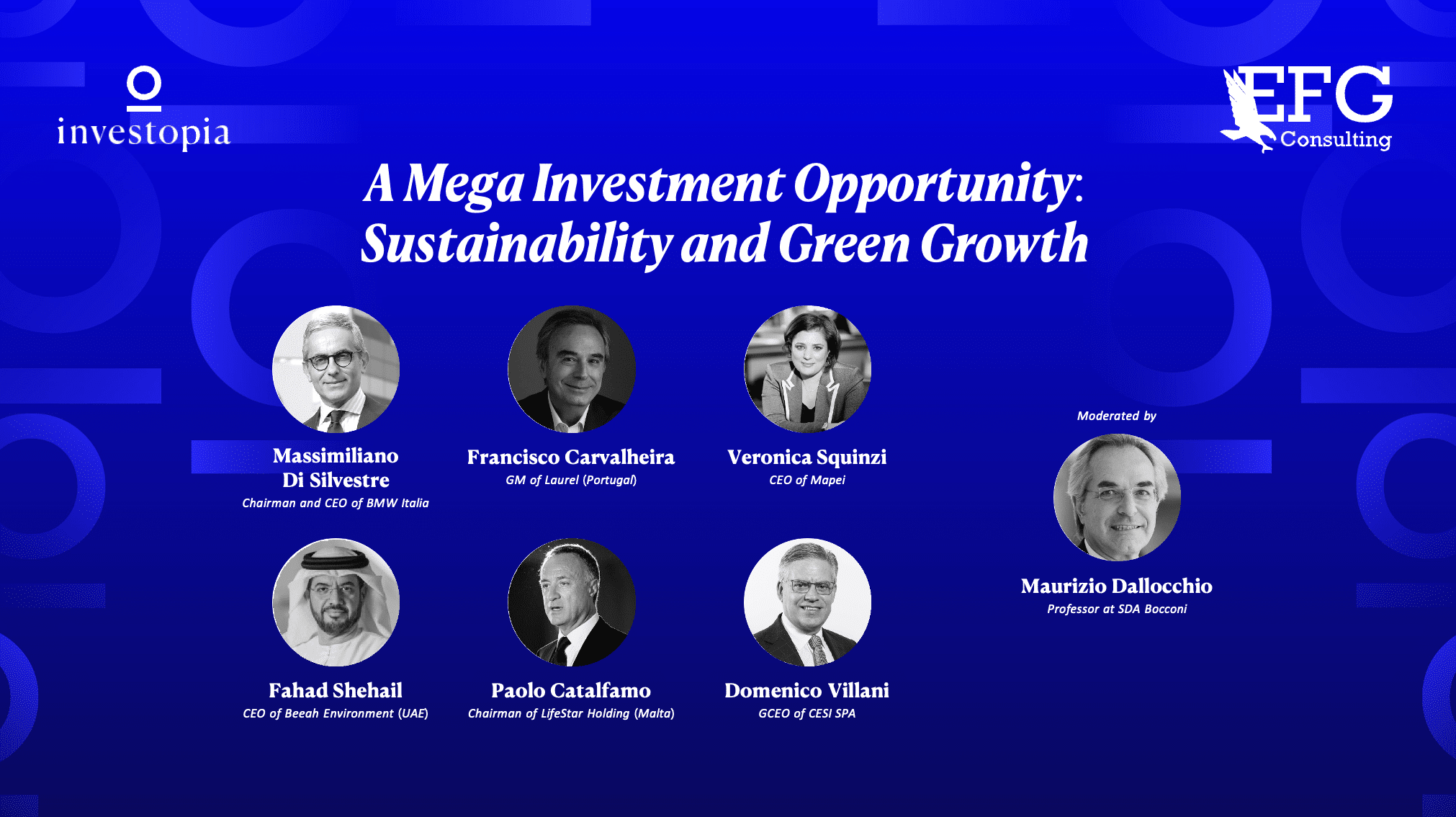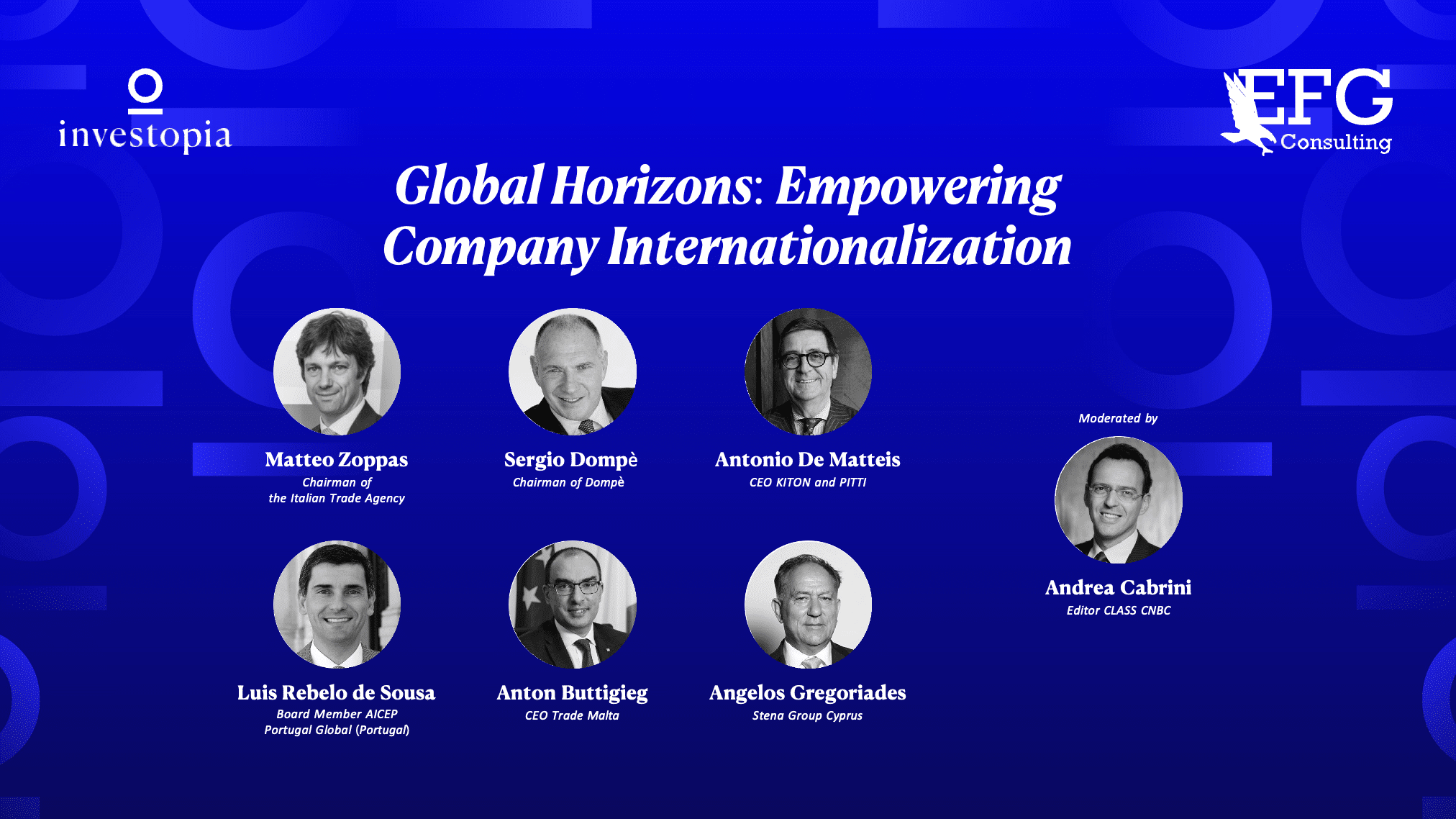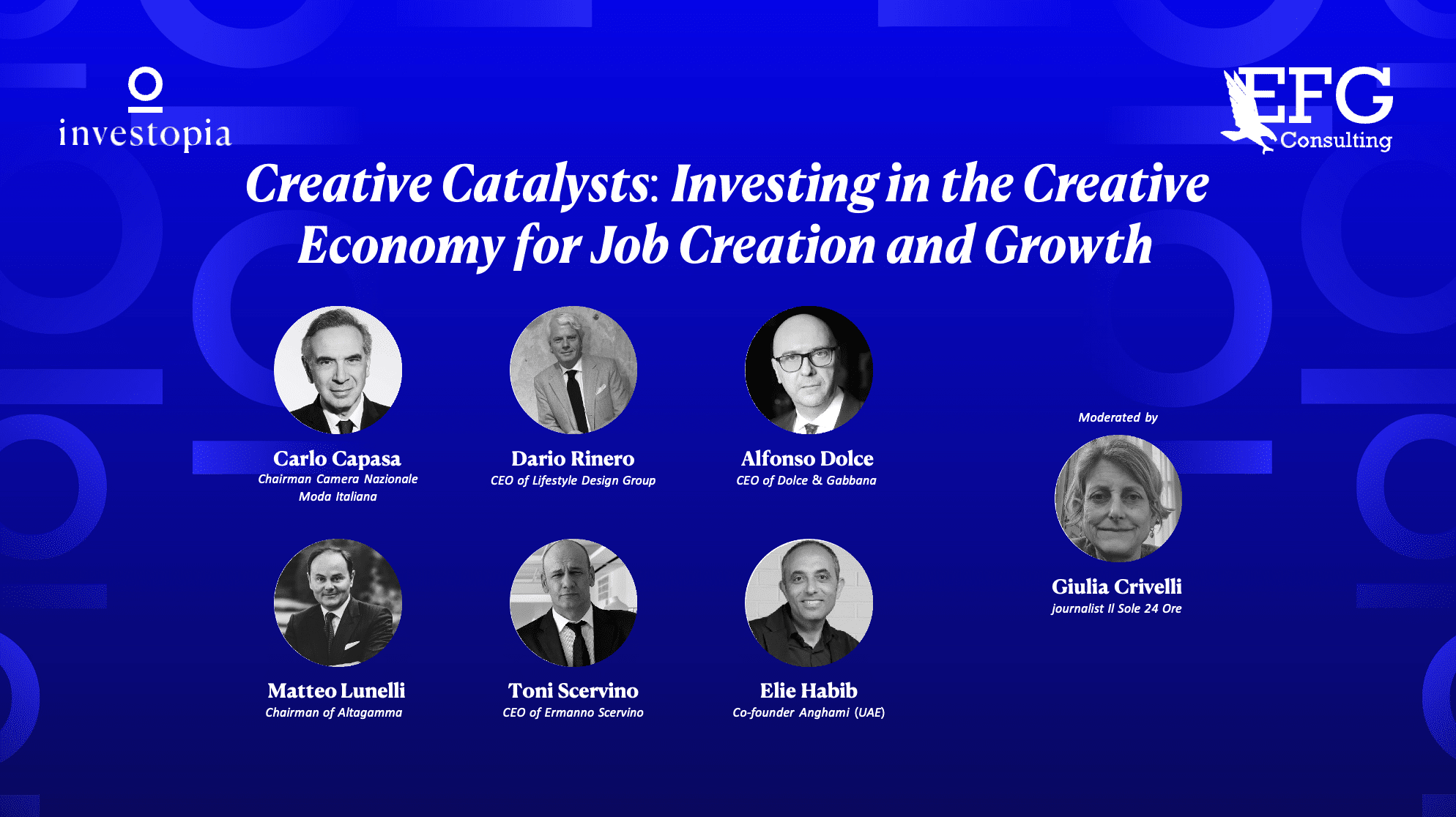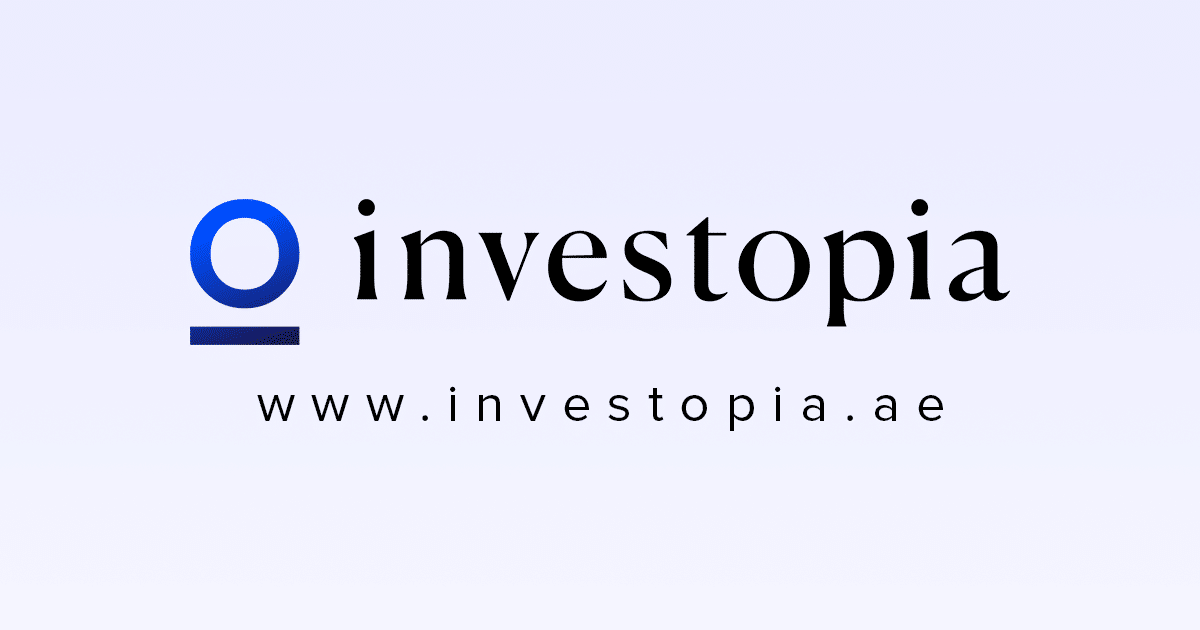Session Speakers:

H.E Dumitru Alaiba
Deputy Prime Minister and Minister of Economic Development and Digitalization of Moldova
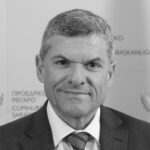
H.E. Giorgos Papanastasiou
Minister of Energy, Commerce and Industry of the Republic of Cyprus

H.E. Simon Coveney
Minister for Enterprise, Trade and Employment of Ireland

H.E. Simonas Šatūnas
Vice Minister of Foreign Affairs of Lithuania

H.E. Wale Edun
Minister of Finance and Coordinating Minister of the Economy of Nigeria

John Defterios
Professor of Business, NYU Abu Dhabi
Share
Key Takeaways
- Moldova, Lithuania, Cyprus, Ireland, and Nigeria showcase how geopolitical dynamics profoundly shape economic decisions, with each nation responding strategically to uncertainties and challenges.
- European economies are prioritizing energy transition for resilience. Lithuania, Ireland, and Cyprus exemplify this through commitments to renewable energy, decarbonization, and energy security.
- In the face of global uncertainties, strategic adaptation and innovation are vital. Ireland's proactive globalization, Cyprus's resilience, and Nigeria's macroeconomic reforms highlight the importance of adaptive strategies for competitiveness.
- Collaboration is key for regional stability and growth, and regional cooperation is crucial for addressing shared challenges.
In the dynamic realm of global economics, the European landscape is witnessing significant shifts and adaptations, driven by geopolitical unrest, energy transitions, and strategic decision-making.
On day 2 of Investopia, key representatives from Moldova, Lithuania, Ireland, Cyprus, and Nigeria shared their insights into the major trends impacting their economies and outlined their strategies for navigating these challenges.
H.E Dumitru Alaiba, Deputy Prime Minister and Minister of Economic Development and Digitalization of Moldova, shared that amidst geopolitical turmoil and uncertainty, Moldova is embracing a decisive path towards European integration.
The country’s focus on EU alignment and economic restructuring underscores its commitment to stability and growth. H.E. Alaiba highlighted the role of digitalization as a catalyst for economic development, aiming to attract foreign investment and enhance competitiveness in the global market.
In Lithuania, a bold decision to pivot away from Russian gas dependency has positioned the country as a leader in energy independence within the region. H.E. Simonas Šatūnas, Vice Minister of Foreign Affairs of Lithuania, pointed out Lithuania’s strategic focus on renewable energy and digitalization as key drivers for sustainable economic growth and resilience in the face of geopolitical complexities.
Ireland, renowned for its proactive approach to globalization, continues to attract international investment through political stability, tax certainty, and a highly skilled workforce.
H.E. Simon Coveney, Minister of Enterprise, Trade and Employment of Ireland emphasized Ireland’s commitment to decarbonization and digitalization as crucial elements in maintaining competitiveness and driving innovation
Cyprus, despite its geopolitical challenges, emerges as a significant player in the energy sector, with substantial natural gas reserves and plans for infrastructure development. For his part, H.E. George Papanastasiou, Minister of Energy of Cyprus noted the role energy security and transition fuels play in enhancing regional stability and economic growth.
Whereas, Nigeria, undergoing macroeconomic reforms, aims to balance growth and sustainability while addressing social and environmental challenges. H.E. Wale Edun, Minister of Finance of Nigeria, highlighted Nigeria’s focus on diversifying energy sources and meeting climate obligations for rapid, inclusive growth amidst global uncertainties.
Today, European economies are embracing change and innovation to navigate the complexities of a shifting global landscape. From integration efforts to energy transitions, these nations are charting strategic pathways toward sustainable growth and prosperity.


